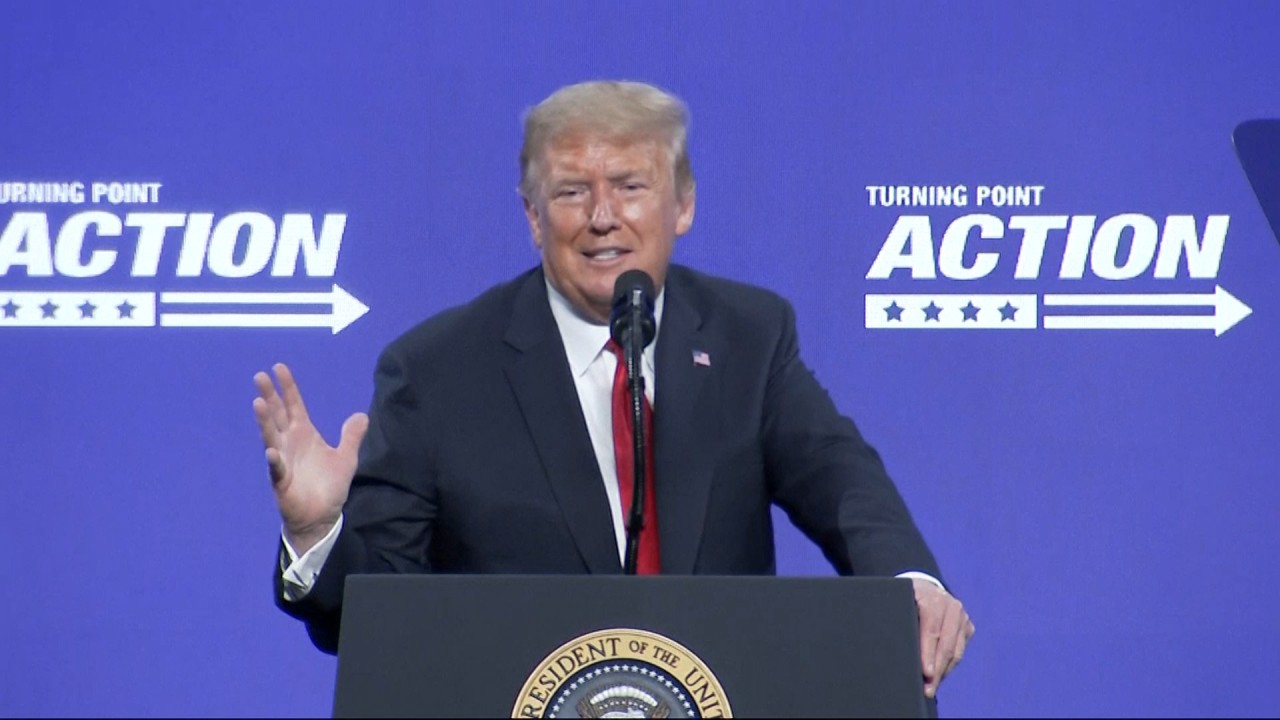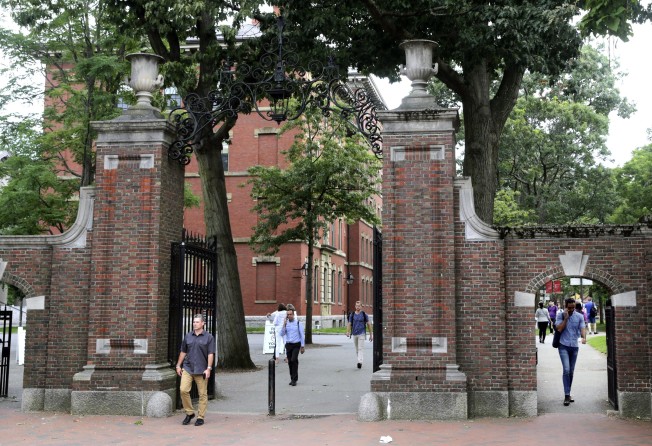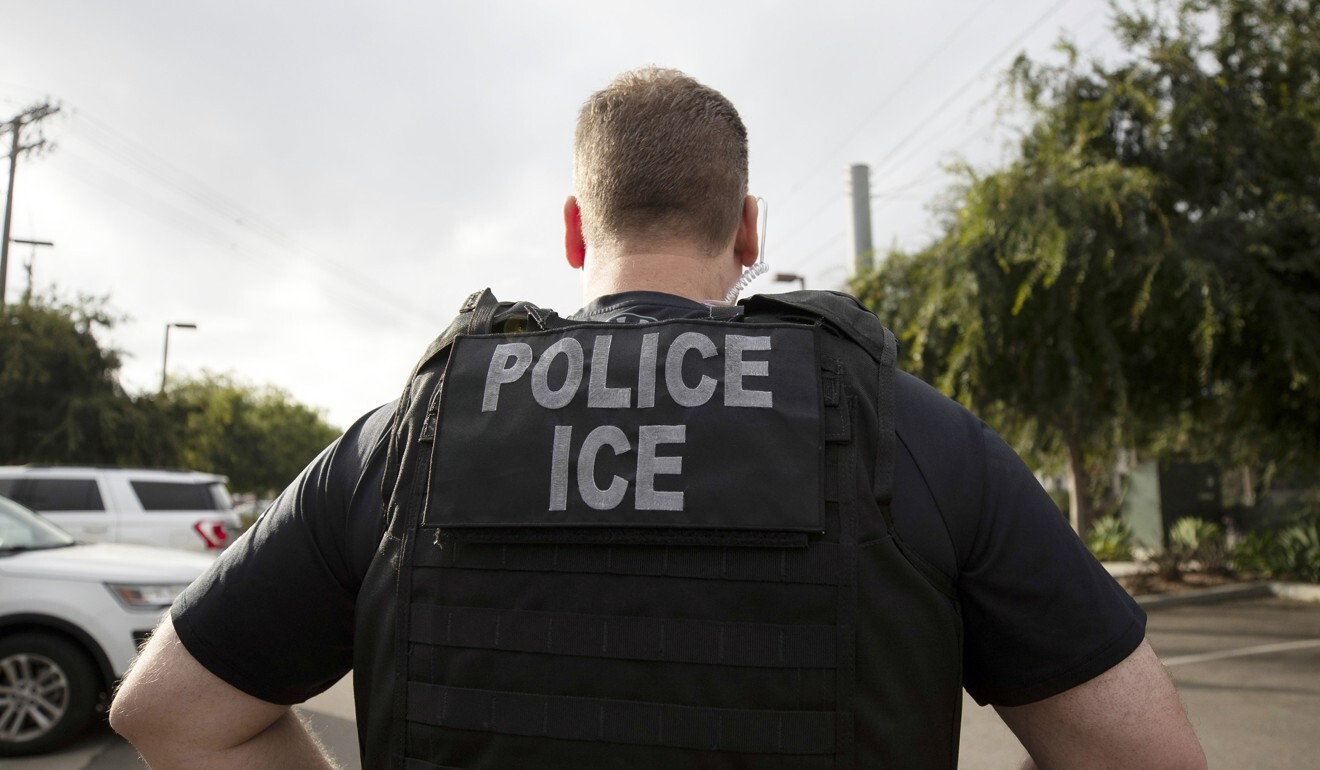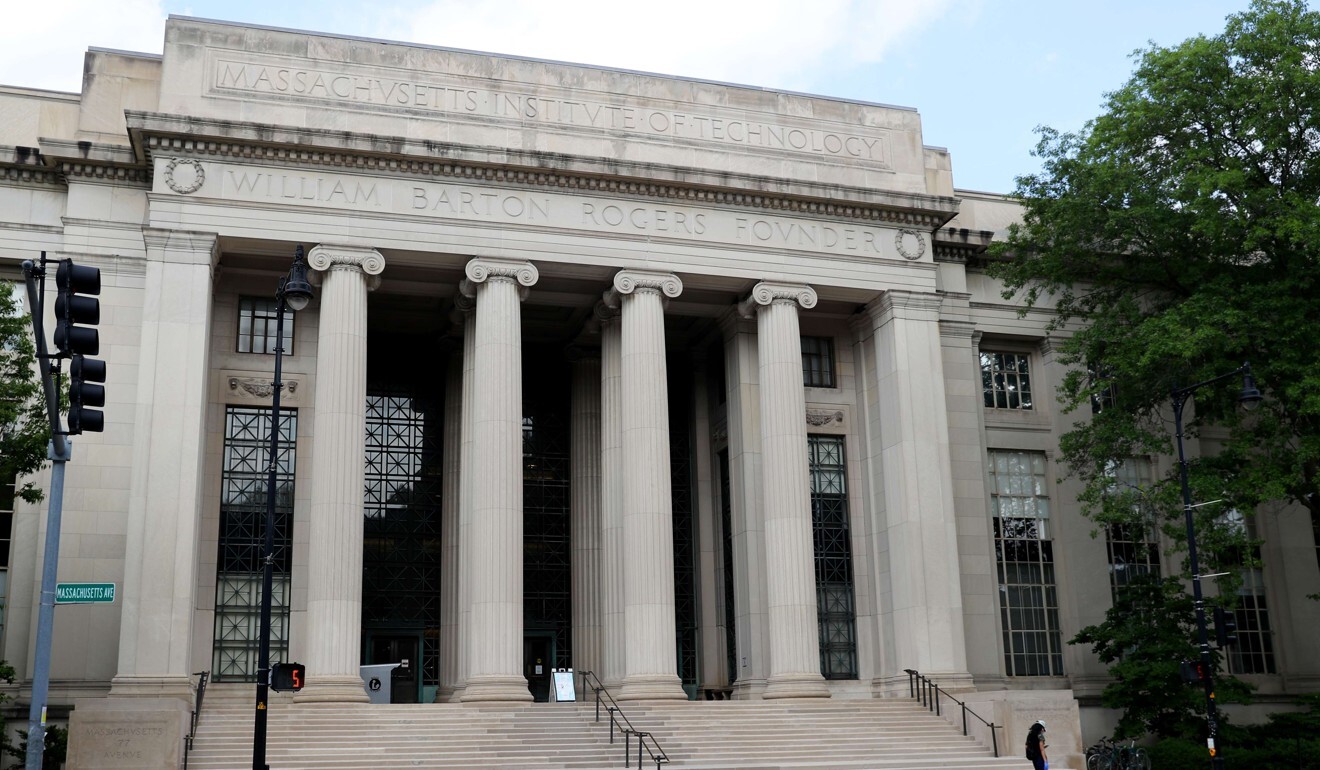
02:36
Trump calls Covid-19 'kung flu' again at another rally

Sri, who studies at the University of Pittsburgh, is one of hundreds of thousands of overseas students at American universities fearing for their future after President Donald Trump’s administration threatened to revoke their visas.
“It’s a lose-lose situation. [The new rule says] either take an in-person class and die of Covid-19 or go back home,” said Sri, who is from India, and did not wish to be identified by her full name.
The US Immigration and Customs Enforcement (ICE) this week announced that foreign students whose entire courses have moved online because of the Covid-19 pandemic must return to their home country. The restrictions affect holders of F-1 and M-1 visa holders, which are used for academic and vocational students, and must depart unless their university offers in-person instruction.
Students from abroad see themselves as collateral damage in Trump’s aggressive push to force universities and schools to reopen fully in September amid his re-election campaign. Many point out they cannot afford health care in the United States, and fear a resurgence of infections later this year, which could see all classes moved online and force them to leave the country.
However, returning home amid the pandemic is not a simple or cheap proposition, either.
“The system is messed up and international students should not have to deal with this in the first place. There are not enough Vande Bharat [repatriation] flights, and tickets and quarantine costs are very expensive. Not all can afford them,” Sri said.
“The pandemic is not over and on top of this, this ICE notification has sent students into panic mode. It’s not good for mental health either.”

02:36
Trump calls Covid-19 'kung flu' again at another rally
International students made up 5.5 per cent of the US’ higher-education population in the 2018-19 academic year, or about 1.1 million people, according to the Institute of International Education (IIE). There were 750,000 students from Asian countries, accounting for some 68 per cent of that total.
China is the largest source of international students in the US, with 369,548 in 2018-19, followed by India with 202,014. Of the top 25 countries that sent students to the US that year, 12 of them were in Asia, with South Korea, Vietnam, Taiwan and Japan also in the top 10.
Minh Nguyen, who has called the US home for 2 ½ years since migrating from Vietnam for his final year of high school, said he was never worried about deportation until he heard the American government’s latest announcement.
“My school stated that it would choose the hybrid option, allowing students to take in-person classes and offer some online classes as well,” said Nguyen, who attends the College of Wooster in Ohio.
“[But by] forcing students to come back from every corner in the US and maybe the whole world, this administration has put the students and faculty members’ health at stake, especially when the US [is still] deep inside the pandemic.”
In a May report, the American Immigration Council said the government had not issued policy changes that would allow non-citizens “to focus on their well-being rather than their immigration paperwork” amid the pandemic.
While ICE stated that students not leaving the country can reduce their course load or take medical leave “to maintain their non-immigrant status”, Aaron Reichlin-Melnick, one of the report’s authors, on Tuesday tweeted that these options were not applicable to most students as reducing course load is only available for “academic difficulties, medical conditions, and completion of a course of study”.

Before this week’s rule change, ICE previously permitted students to switch from in-person class to online-only classes in response to the pandemic, including allowing foreign students to get credit for completing courses online even if they had to return to their home country.
Students are not the only ones concerned: the universities themselves are worried that Trump’s immigration policies are making their institutions less attractive, and they fear losing foreign students to cheaper colleges in Europe.
Many schools in the US are dependent on revenue from international students, who typically pay higher tuition rates. Citing data from the US Department of Commerce, the IIE said international students contributed US$44.7 billion to the American economy in 2018, up 5.5 per cent from the previous year.
“These decisions risk damaging one of the US’ strongest assets, which is our top-rate, best-in-the-world international education system,” said Reichlin-Melnick of the American Immigration Council.
Harvard University and the Massachusetts Institute of Technology on Wednesday launched a lawsuit asking the court to revoke the order that Harvard president Lawrence Bacow said had thrown higher education in the US “into chaos”.
New York University president Andrew Hamilton on Tuesday called ICE’s decision “plain wrong and needlessly rigid”, adding that “if there were a moment for flexibility in delivering education, this would be it”.
Some 84 per cent of universities are planning to offer a hybrid system of in-person and online classes, which would save students from deportation, according to the Chronicle of Higher Education website.
Elsewhere in the US, professors are offering help of their own volition, including in-person independent studies, for those who need a class to stay in the country legally.

“Students have no control over whether their courses are offered online or in-person. Therefore, they feel they’re at the mercy of ICE policy and their university’s reopening plans,” said Beth Lew-Williams, a historian of race and migration and an assistant professor of history at Princeton University.
“By restricting foreign students, the Trump administration is yet again targeting Asian immigrants. This policy and President Trump’s explicit anti-Asian rhetoric not only affects America’s position in the world, it also affects the reception of Asian immigrants in America.”
Responding to This Week in Asia, ICE public affairs acting deputy press secretary Carissa Cutrell said the government “wanted to continue to provide flexibility to schools and non-immigrant students”, but that there was a need to “resume the carefully balanced protections implemented by federal regulations” as institutions across the country reopened.
Current federal laws limited eligible international students to one online class per school term, she added.
An Indian graduate studying electrical engineering at one of the top universities in Arizona, where Covid-19 is also surging, fears having to risk her health to continue her research and tutoring of younger students.
“The rule is really, really cruel,” said the student, who asked not to be named. “It just seems really unfair to me that the virus getting bad would be something that international students, who didn’t necessarily have any part to play in spreading the virus, would have to suffer from.”
She says she will live in a “permanent state of anxiety” until her work and thesis defence ends in November, and is no longer sure whether she will stay in the US after she completes her master’s degree. “Given the trend of how the US administration deals with immigrants and people here on temporary visas, I’m still hesitant.”
Additional reporting by Agence France-Presse and Vasudevan Sridharan